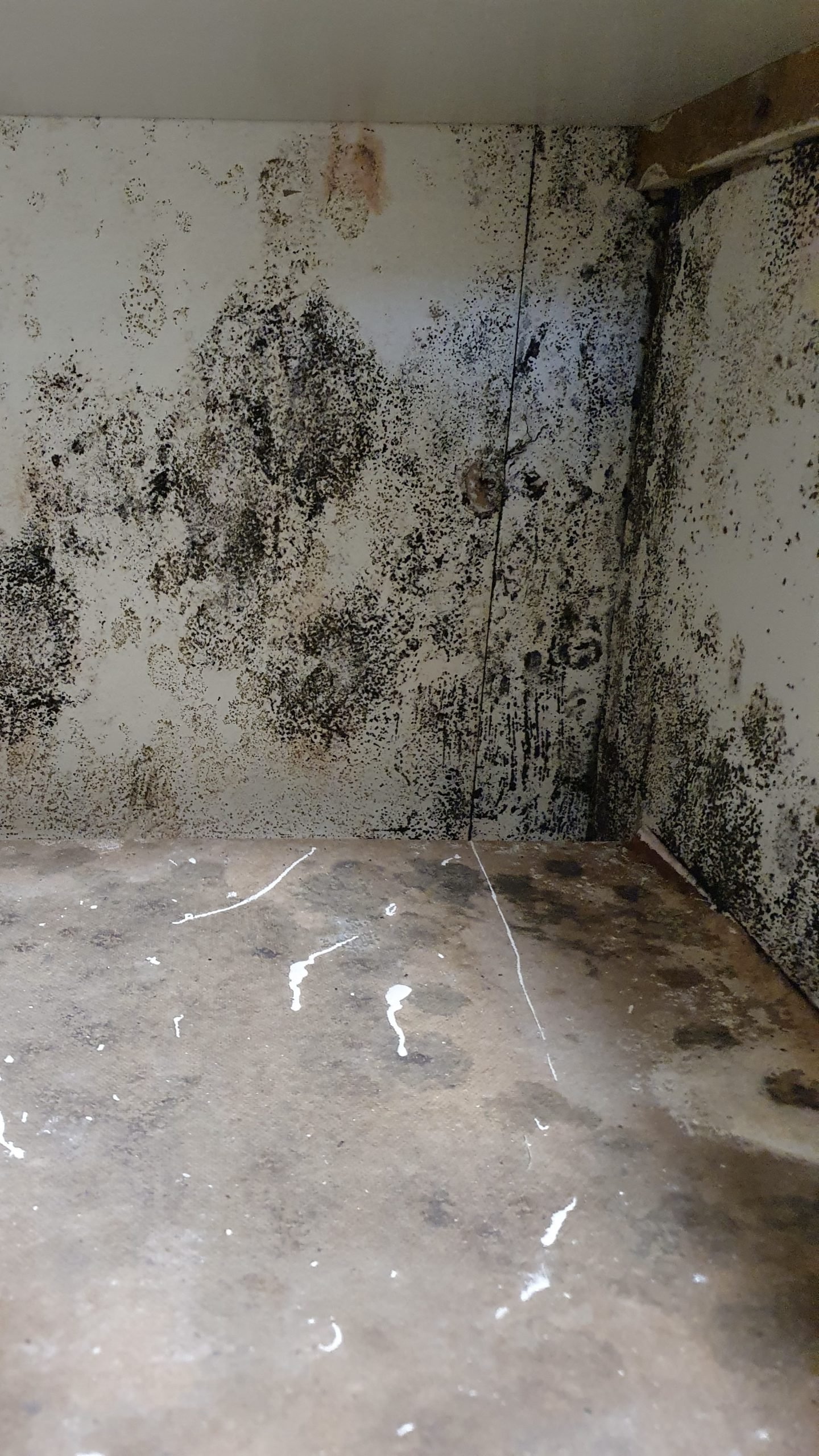Awaab’s Law is now on the statue book, as the reforms to the Social Housing Regulation Act, becomes Law.
These new rules require social housing landlords to fix damp and mould issues to strict deadlines, or rehouse tenants in safe accommodation.
Awaab’s Law included in new Social Housing Regulation Act
Awaab’s Law – a clause named after two-year-old Awaab Ishak, who died from prolonged exposure to mould in a Rochdale Boroughwide Housing flat – requires social landlords to respond to and investigate repairs within certain timescales, which are yet to be set. The death of Awaab Ishak resulted in a petition signed by 177,000 members of the public calling for a change in the law.
Awaab’s Law is part of the Social Housing (Regulation) Act which has been described as the most significant reform of the housing sector in more than a decade. The law imposes new requirements on councils and housing associations that among other things see:
- A strengthening of the Regulator of Social Housing to carry out regular inspections of the largest social housing providers and the power to issue unlimited fines
- Powers to set strict time limits for social landlords to address hazards such as damp and mould
- New qualification requirements for social housing managers
- New enforcement powers will be made available to tackle failing social housing landlords who are not pulling their weight in taking swift action to address damp, cold and unsafe homes
Though the new regulation is focused on social housing providers, we don’t believe that private landlords can be complacent. The Homes (fit for human habitation) Act 2018 already provides a mechanism for tenants to withhold rents where landlords fail to enact repairs. Couple this with other changes to the legal framework that enforces tenants’ rights and murmurings that some of the elements seen in Awaab’s Law should be extended to include all domestic tenancies.
The act introduces many new obligations landlords will have to follow, while giving more powers to the Regulator of Social Housing (RSH) and the Housing Ombudsman.
It introduces ‘Ofsted-like’ inspections of providers, carried out by the RSH, with as little as 48 hours’ notice, while the RSH can now order landlords to carry out emergency remedial work and issue unlimited fines.
The act also allows the RSH to issue social landlords with ‘performance improvement plan notices’ if they fail to meet standards, if there is a risk they will fail to meet standards and if they fail to provide documents or information the RSH has asked for.
The government said it expects future changes to fee-charging will see all social housing providers – both housing associations and councils – paying for regulation costs.
Housing secretary Michael Gove said: “This is an important step towards righting the wrongs of the past. Our landmark laws will drive up standards of social housing and give residents a proper voice.
“The Social Housing Act will help to ensure that tenants get the safe, warm and decent homes they deserve – and those who have seriously neglected their responsibilities for far too long will face the consequences.
“Awaab’s Law will force social landlords to take immediate action on dangerous damp and mould as we introduce new strict time limits to fix their homes.
“I am incredibly grateful to Awaab’s family who have displayed such courage, dignity and leadership in pushing for change and securing these vital reforms.”
Gavin Smart, chief executive of the Chartered Institute of Housing, congratulated all involved in the development of the act, adding that it will provide an “important foundation for giving tenants a greater voice, improving access to redress and increasing the focus on professionalism in the sector”.
RTC’s understanding of the very specific demands and challenges of working within the public sector is second to none. We have partnered extensively with social landlords, local authorities and housing associations to work on renovating public buildings and housing modernisation projects throughout the North West.
To read more on the work we do within social housing, you can click here.

